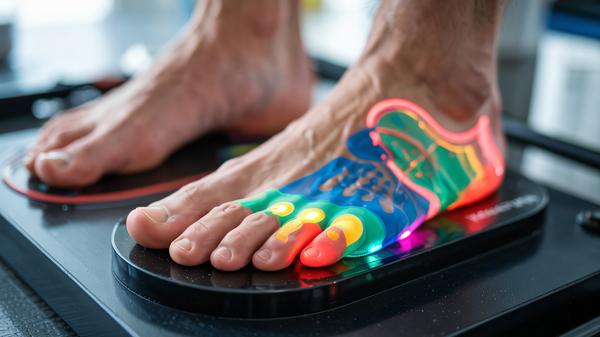Health Research
and Clinical Studies
All IN for Health provides a list of hundreds of active health studies happening right here in Indiana. These health studies are conducted by faculty at Indiana University, Purdue University, and the University of Notre Dame.
All IN for Health provides a list of hundreds of active health studies happening right here in Indiana. These health studies are conducted by faculty at Indiana University, Purdue University, and the University of Notre Dame.
Search clinical trials near you
Browse by Featured categories
Aging
Children, Families & Pregnancy
Dental
Online
Alcohol, Tobacco, and Substance Use
Alzheimer’s Disease & Dementia
Asthma,Lungs & Allergies
Bones, Muscles and Joints
Brain, Spine & Nervous System
Covid-19 & Infectious Disease
Diabetes, Heart and Blood Vessels
Digestive System (GI), Bowel & Liver
Health Mental, Behavioral Health & Developmental Conditions
Healthy Volunteer
Cancer
Diet, Nutrition, Exercise, & Sleep
Browse by Featured categories
Aging
Children, Families & Pregnancy
Dental
Online
Alcohol, Tobacco, or Other Substance Use
Alzheimer’s Disease & Dementia
Asthma,Lungs & Allergies
Bones, Muscles and Joints
Brain, Spine & Nervous System
Covid-19 & Infectious Disease
Diabetes, Heart and Blood Vessels
Digestive System (GI), Bowel & Liver
Health Mental, Behavioral Health & Developmental Conditions
Healthy Volunteer
Cancer
Diet, Nutrition, Exercise, & Sleep
Browse by Featured categories
Aging
Alcohol, Tobacco and Substance Use
Brain, Spine and Nerves
Cancer
Diabetes
Diet, Exercise and Nutrition
Healthy Volunteers
Mental and Behavioral Health
Alzheimer’s Disease and Dementia
Autoimmune Disease
Bladder and Kidneys
Bones, Muscles and Joints
Community and Environmental Health
Dental
Eye Conditions
Genetic and Rare Conditions
GI, Liver and Pancreas
Hearing, Speech and Language
Heart Health
Infectious Disease
Lungs, Asthma and Allergies
Maternal, Infant and Child Health
Online Studies
Public Health Studies
Skin and Wounds
Sleep
Surgery, Transplant and Imaging
Thyroid, Hormones and Metabolism
Help Shape the Future of Health
with the Indiana Biobank
By donating a small blood sample, you can help researchers discover better treatments and improve health across Indiana.
Who Can Join?
All IU Health Patients of Any Age
What Is Involved?
It's easy-we collect a blood sample during your regular doctor visit.
Why does it Matter?
By taking part, you're helping improve care for you, your loved ones, and people across Indiana.
Browse studies by
Recently added/updated trials
Implementation of the Family-Centered Adolescent Sperm Banking Decision Tool (Fast)
A Prospective, Multicenter, Single Arm, Real-World Registry Assessing the Clinical Use of the Rotarex(Tm) Rotational Excisional Atherectomy System (Xtract Registry)

Step Strong. Stay Balanced. Join Our Foot Strength Study!
Utilization of FibroScan in Fontan Associated Liver Disease prior to and after heart transplant or placement of single ventricle ventricular assist device

Mmmm! I'm All IN for Kidney Health! Join Our Chronic Kidney Disease & Diet Study Contact List
Kysa-6: A Phase 2/3, Open-Label, Randomized, Controlled, Multicenter Study of Kyv-101, an Autologous Fully Human Anti-Cd19 Chimeric Antigen Receptor T-Cell (Cd19 Car T) Therapy, Versus Ongoing Standard-Of-Care Immunosuppressive Therapy in Patients With Generalized Myasthenia Gravis
Preclinical Validation of Adjuvant Fingolimod to Increase Efficacy of Proteasome Inhibitors for Treatment of Multiple Myeloma
Signup as volunteer
Participate in medical studies to develop new diagnostic and clinical treatments and improve current standards of care.